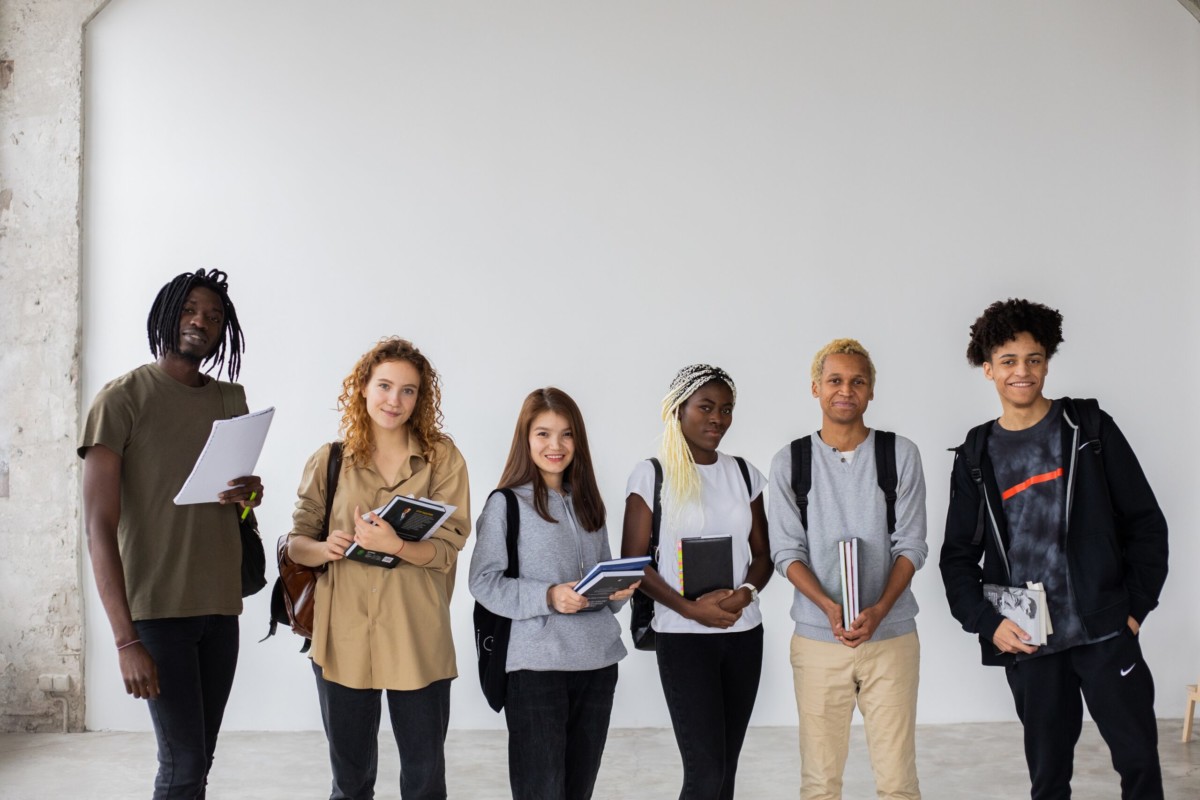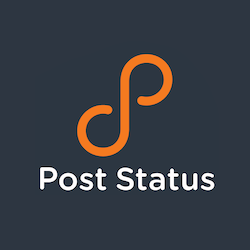The things that unite us aren’t always what we expect. And sometimes they’re the same things that divide us — or at least a fraction of us.
Early this year we saw the rise of a simple daily word puzzle: Wordle. Suddenly, overnight, everyone (and I mean almost everyone) was posting their Wordle daily scores on Twitter and in our most active Post Status Slack channel. It was so prevalent that we created a new channel called #Diversions, for folks to post Wordle scores and other pastimes — and to keep the #Club channel about the things it’s always been about — namely, not Wordle scores.
Of course, not everyone was excited about Wordle. Some people spent more time lamenting other people’s scores filling their Twitter feed than it would take to just scroll past them. But that was part of the fun of it too.
The culture — and counterculture — that Wordle inspired was fun. Organizations from NFL teams to restaurants to Post Status posted their normal stuff in light of it being simply “Not Wordle.” (Yes, we had to get in on the fun, too!)
Not Wordle, just our weekly newsletter…
🧑🧑
— Post Status (@post_status) January 27, 2022
Diversions can unite us.
“Unity” is the latter part of the word “community.” So it stands to reason that communities like Post Status, and the greater WordPress community have things in common — the things that unite us. Of course, at the center of it is WordPress. The Open Source Project is central to our community.
But we are people. People with different politics, different viewpoints, different hobbies, beliefs, religions…well you see what I mean. We each arrive in a community around a central thing, but we bring our own experiences with us.
This past week we’ve seen a lot of community rally around our friends and colleagues in Ukraine. Watching a war break out in that part of the world is heartbreaking. Many of us have offered support in different ways — from monetary donations to caravaning to Poland to bring physical supplies to sharing information and holding space for friends (and their families) in affected areas.
Some choose to use their skills to create solidarity and share it through open source so that others can display their solidarity also. And we have no way of knowing the countless others who, in their own less-public way, provide the support they choose and are able to give.
War can unite us.
The Pandemic Has Changed Us
There have always been things that unite us. Remember the Ice Bucket Challenge? Or how TikTok has crept into every age group and demographic? And in every time zone on December 31 the stroke of midnight brings people together with the hope of a better next year.
The global pandemic has changed how we view the things that unite us. In spite of not being able to get together physically, separation somehow made the world a smaller place. Zoom and other videoconferencing tools are used for purposes beyond education and business. Grandparents met their new grandchildren through their screens. Birthdays were celebrated by people many miles apart. Weddings were broadcast to family and friends. WordCamps and Big Orange Heart’s WordFests were delivered virtually. And meetups have been online — allowing people from around the world to learn from and interact with others they never could have met when things only took place in person.
Pandemics unite us.
There is No Panacea
Of course, there is no one thing that will unite every person on one topic, one thought, or one idea. There will always be differences of opinion, dissent, and drama. (Remember how I said we’re people?) But differences, dissent, and, yes, even drama, are what make us a rich community. (Remember Gutenberg in 2018?)
The things that unite us — both positive and negative — have the power to move us closer to one another, inspire greater support of each other, and make the world — or at least our community in it — a smaller (and better) place.






